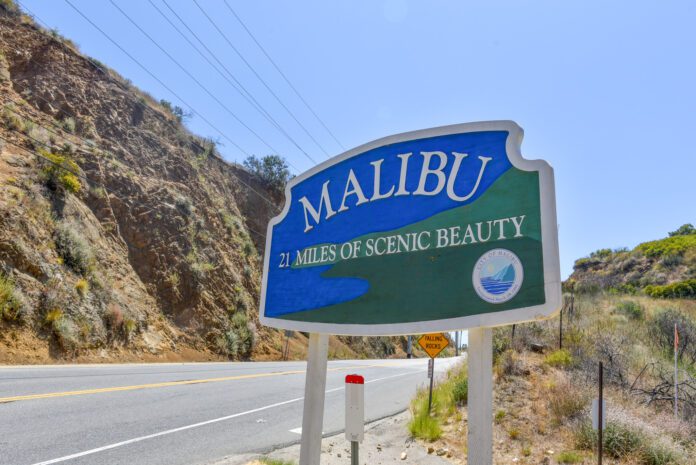At least a dozen other cities and counties in California are moving against timeshare-like companies such as Pacaso
In a move, many residents believe negatively affects the city’s neighborhood feel, Pacaso, a California-based real estate startup, bought its first Malibu property in January 2022 for $15 million — a 12,500-square-foot house situated on two acres near Escondido Beach. The company then turned around and offered one-eighth fractional ownerships of that property to prospective buyers for $2.2 million each as “vacation homes” — good for a total of 44 nights per year, with stays of two to 14 days at a time.
Pacaso, which was founded in 2020 by former Zillow execs Austin Allison and Spencer Rascoff, specializes in luxury second homes in selected communities. Their vision is “making the dream of second homeownership possible for more people,” according to the online video. The Pacaso website lists current shares available for sale in seven different Malibu properties with the headline “Co-own an epic second home — luxury homes in Malibu.”
Previously criticized changes to established local neighborhoods have included the advent of the six-bedroom luxury drug rehab facilities accompanied by large staffs, sober living houses, and short-term rentals.
The neighborhoods were also greatly affected by the 2018 Woolsey Fire that burned nearly 10 percent of the town’s housing stock in 2018.
After that, Pacaso is more or less the straw that broke the camel’s back, according to many in Malibu.
Malibu residents began voicing their concerns to the city about “fractional ownership” sales being a glorified form of timeshare with many of the same concerns about parties and trash that resulted in the demand to regulate short-term rentals.
At a previous City Council meeting, the Planning Department proposed to bring forward a draft ordinance confirming that the definition of “fractional ownership” was the same as the definition of a “time-share plan” in the city’s “Business and Professions Code” section, which prohibits timeshares.
The city’s staff report pointed out that timeshare use creates a negative impact on housing stock and runs counter to the city’s efforts over the years to preserve existing housing stock for long-term residential use.
“The sale of timeshares removes homes that could be used for long-term residents and limits their use to part-time vacation homes,” the report stated. “Such use would also alter the character of residential neighborhoods, and present challenges to City efforts to provide affordable housing.”
A number of other cities and counties have taken action or are considering action against “fractional ownership” sales. Officials in Palm Springs and Monterey County have sent cease-and-desist letters to Pacaso, directing the company to stop advertising and selling fractional ownership in certain areas, arguing it’s just a fancy form of timeshare and should adhere to the same restrictions. Carmel, Sonoma and St. Helena are moving to limit or outright ban Pacaso’s operation. In both Beverly Hills and Newport Beach, planning commissioners recently expressed support for an ordinance that would prohibit fractional ownership in those respective cities.
At the April 10 City Council meeting, Malibu city staff recommended that the council comment and adopt Resolution 23-16 to initiate a Zone Text Amendment and Local Coastal Program (LCP) amendment to further regulate timeshare use in the city. They would then present a draft ordinance to ZORACES for comment before submitting it to the Planning Commission for recommendations.
Although the issue of “home sharing” was originally on the agenda for the April 10 meeting, it was unanimously voted to move the item to a future special meeting.
To view this meeting, visit malibucity.org.

